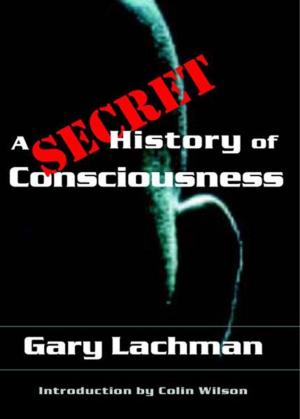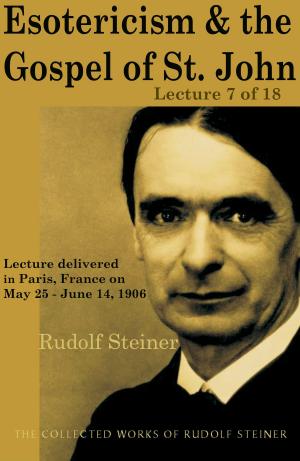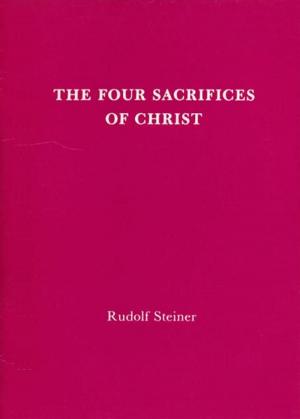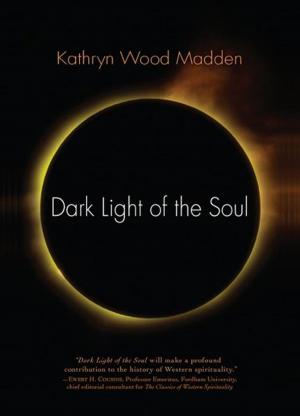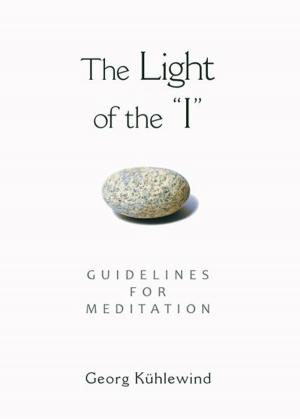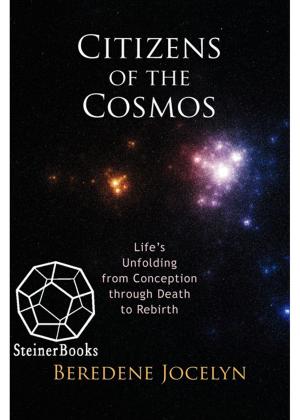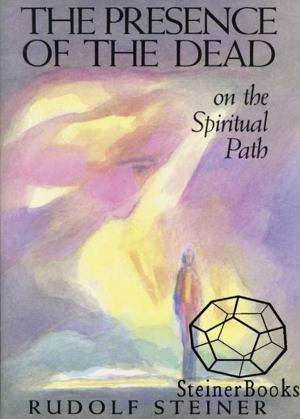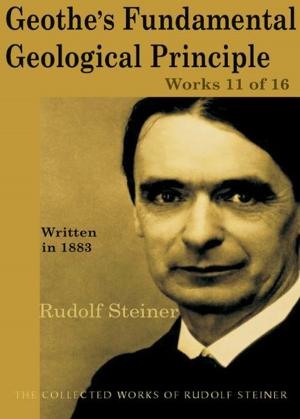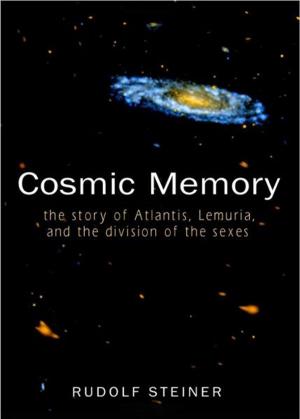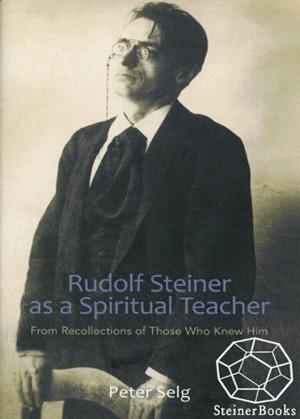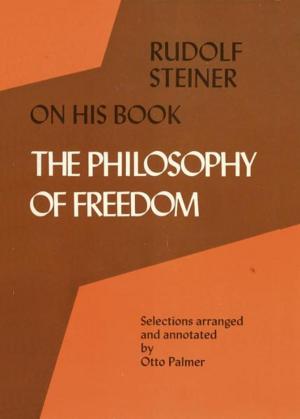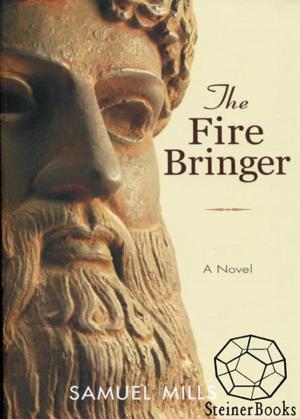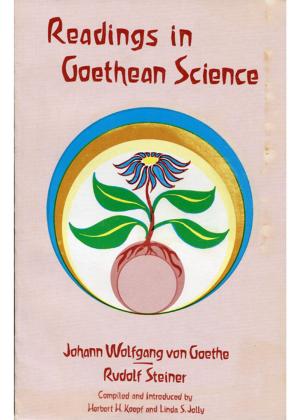| Author: | Rudolf Steiner, Christopher Bamford | ISBN: | 9780880109826 |
| Publisher: | SteinerBooks | Publication: | November 1, 2002 |
| Imprint: | SteinerBooks | Language: | English |
| Author: | Rudolf Steiner, Christopher Bamford |
| ISBN: | 9780880109826 |
| Publisher: | SteinerBooks |
| Publication: | November 1, 2002 |
| Imprint: | SteinerBooks |
| Language: | English |
Without the spiritualist movement and the amazing personality of Helena Petrovna Blavatsky, the creator of the Theosophical Society, the spiritual revolution of the twentieth century - the so-called New Age, with all its movers and shakers - would be unimaginable. And the work of Rudolf Steiner, G.I. Gurdjieff, René Guénon, Hazrat Inayat Khan, Sri Aurobindo, R.A. Schwaller de Lubicz, and C.G. Jung could not have become what it was. In this fascinating volume on the Theosophical movement, Rudolf Steiner, one of its primary participants, tells his story in his own words. We are told of the origins of the theosophical movement in spiritualism and somnambulism. We are given Steiner's own version of the relationship between Anthroposophy and Theosophy through his White Lotus Day Lectures, given over several years on the anniversary of Madame Blavatsky's death. Steiner then moves into the realm of occult history, where he relates Theosophy to its historical ground in Western esotericism, especially Rosicrucianism. He reveals events from the seventeenth century that led to the emergence of Freemasonry and other secret societies, as well as the hidden history of the creation of Theosophy in the nineteenth century and the conflicts that still reverberate today between the Anglo-Saxon and Germanic occult streams.
Without the spiritualist movement and the amazing personality of Helena Petrovna Blavatsky, the creator of the Theosophical Society, the spiritual revolution of the twentieth century - the so-called New Age, with all its movers and shakers - would be unimaginable. And the work of Rudolf Steiner, G.I. Gurdjieff, René Guénon, Hazrat Inayat Khan, Sri Aurobindo, R.A. Schwaller de Lubicz, and C.G. Jung could not have become what it was. In this fascinating volume on the Theosophical movement, Rudolf Steiner, one of its primary participants, tells his story in his own words. We are told of the origins of the theosophical movement in spiritualism and somnambulism. We are given Steiner's own version of the relationship between Anthroposophy and Theosophy through his White Lotus Day Lectures, given over several years on the anniversary of Madame Blavatsky's death. Steiner then moves into the realm of occult history, where he relates Theosophy to its historical ground in Western esotericism, especially Rosicrucianism. He reveals events from the seventeenth century that led to the emergence of Freemasonry and other secret societies, as well as the hidden history of the creation of Theosophy in the nineteenth century and the conflicts that still reverberate today between the Anglo-Saxon and Germanic occult streams.

